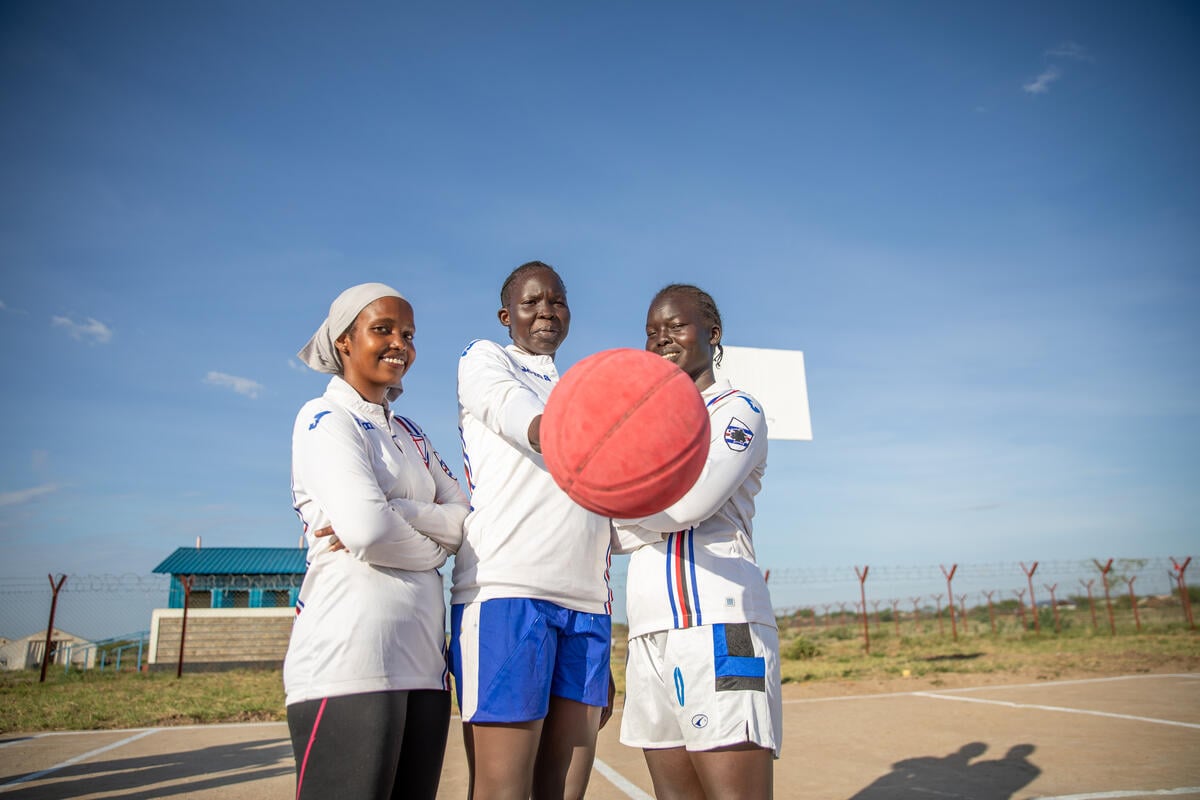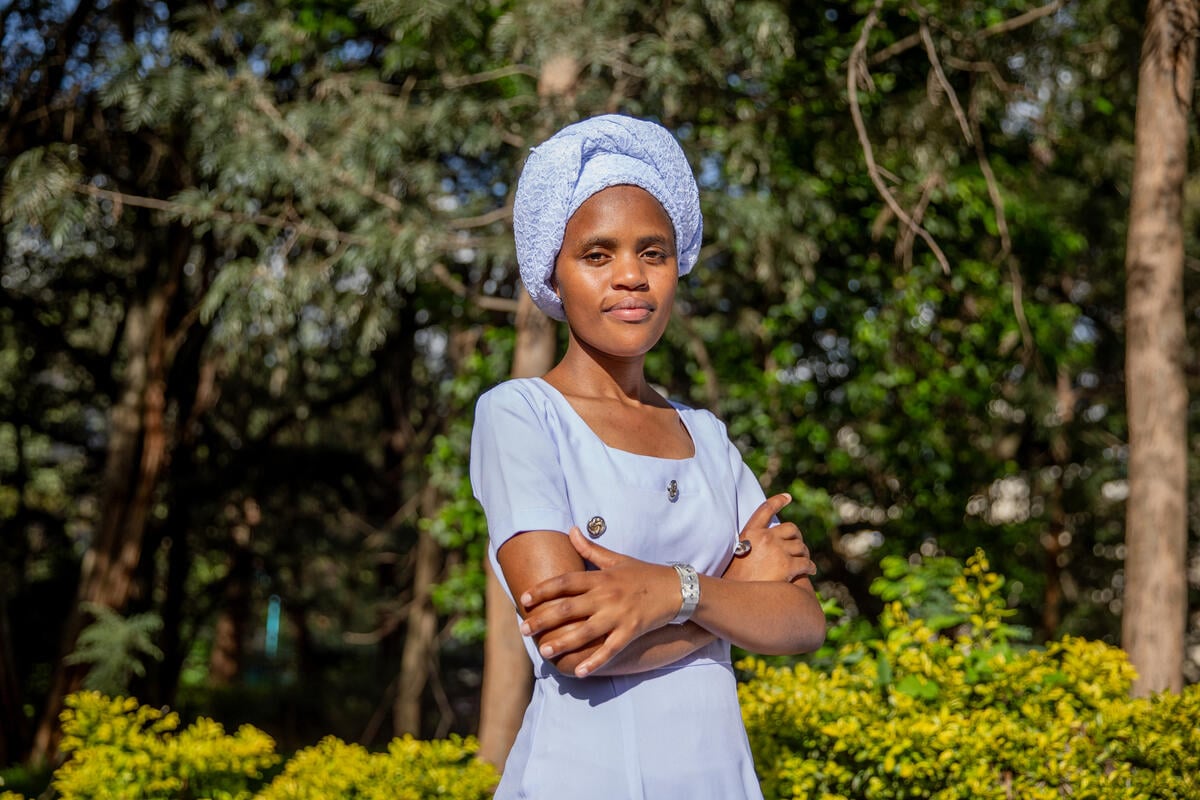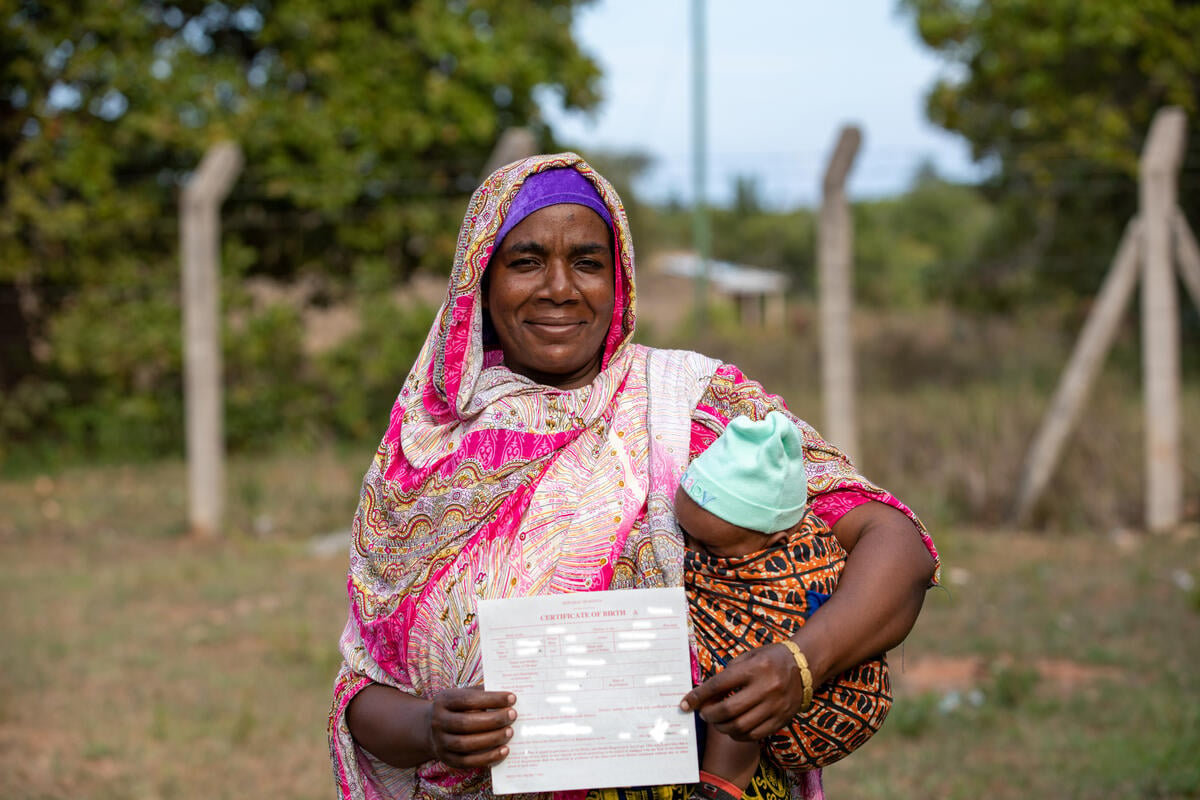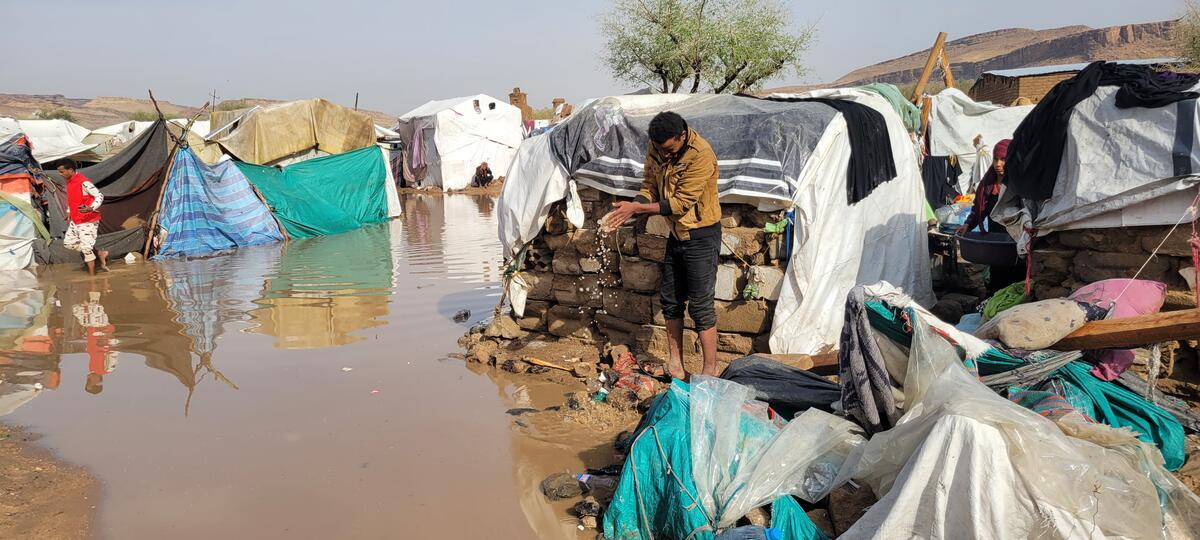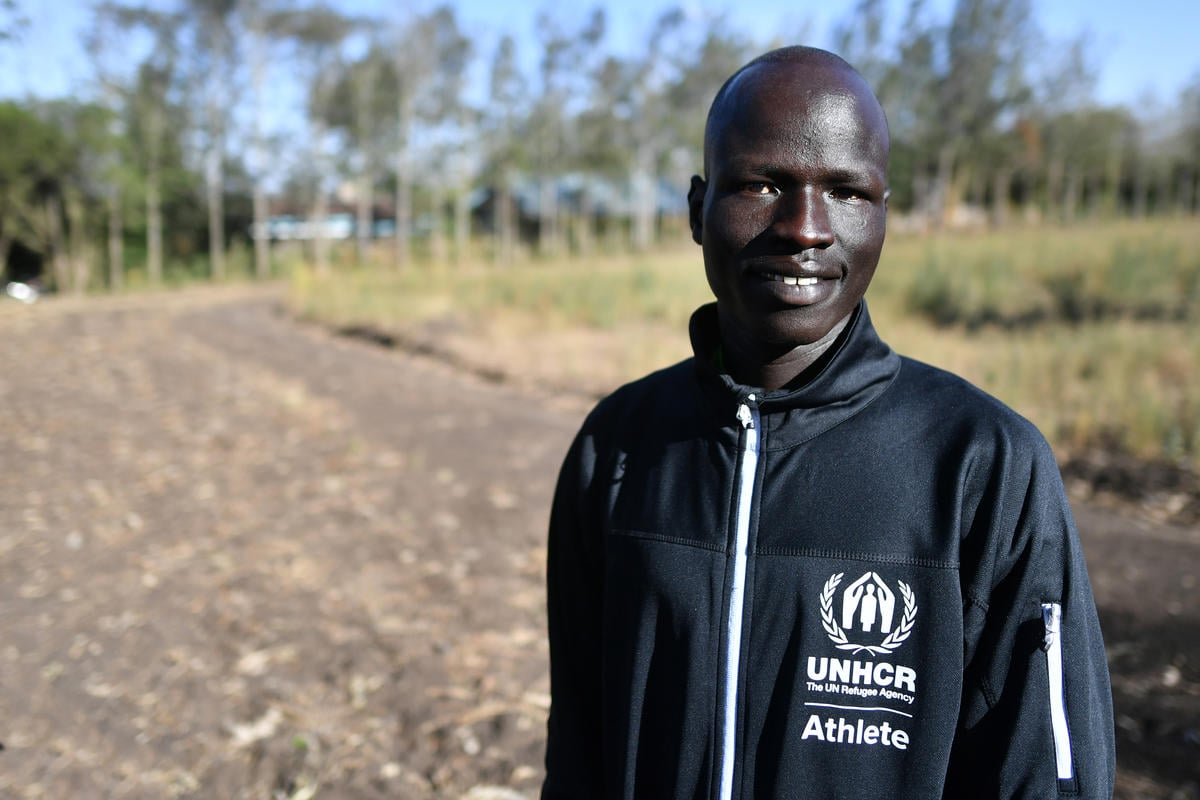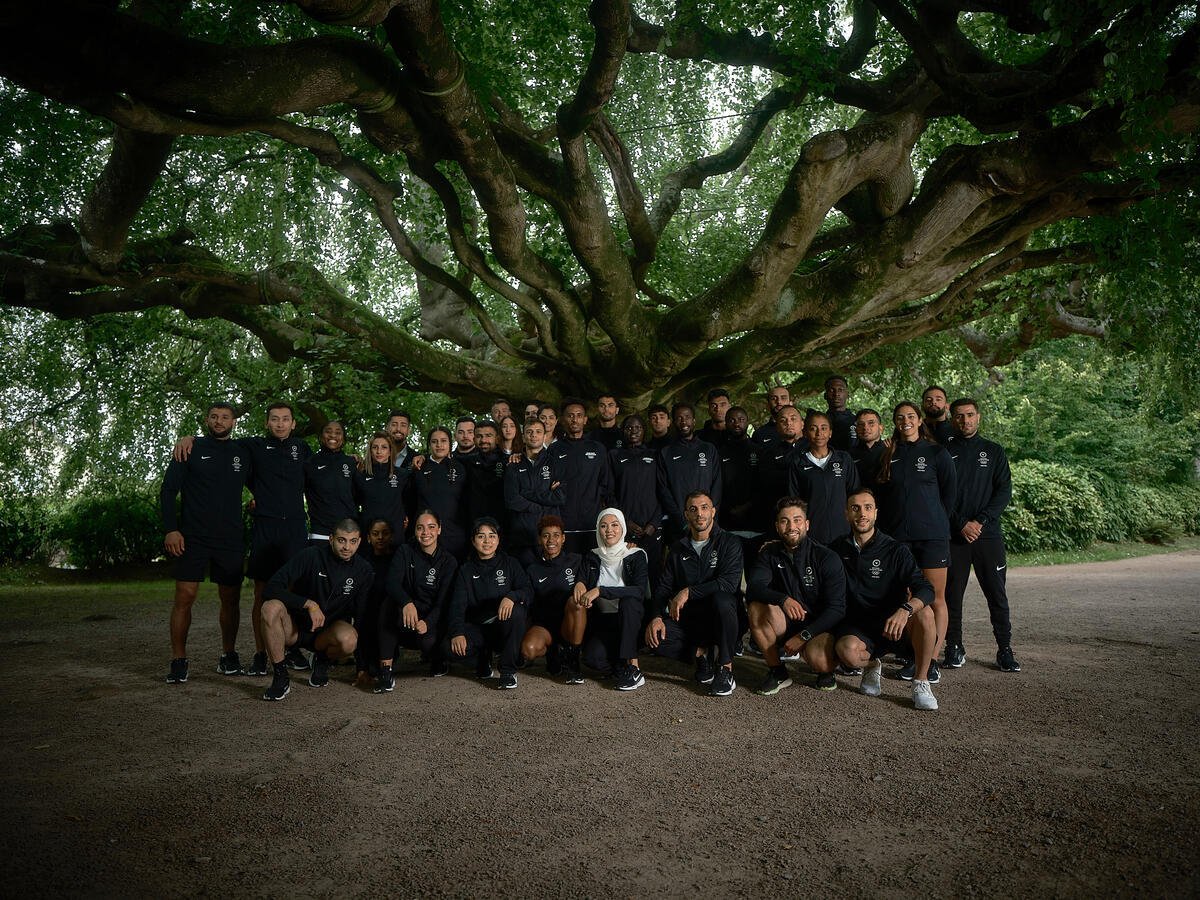UNHCR alarmed at reports of boat pushbacks in South-east Asia
UNHCR alarmed at reports of boat pushbacks in South-east Asia
The UN refugee agency is extremely alarmed at reports suggesting that Indonesia and Malaysia may have pushed back boats carrying vulnerable people from Myanmar and Bangladesh.
On Monday the Indonesian navy stated that it had escorted a boat out to sea, although it is not clear if this represents a change in the government's policy. Yesterday Malaysia's Maritime Enforcement Agency announced that it would not let foreign ships dock unless they are unseaworthy and sinking.
As conflicts and persecution force more and more people to seek safety beyond international borders, UNHCR has been emphasizing the importance of saving lives on the high seas.
"The first priority is to save lives. Instead of competing to avoid responsibility, it is key for States to share the responsibility to disembark these people immediately," said Volker Türk, UNHCR's Assistant High Commissioner for Protection.
"Sea crossings are a symptom of desperation as people are left with no other choice but to risk their lives," Mr Türk said. He reiterated the agency's global call for legal alternatives to access protection and safety, "Nobody should have to put their lives into the hands of ruthless smugglers."
In South-east Asia, several thousand people are believed to be stranded on smugglers' boats in the Andaman Sea and Straits of Malacca, likely abandoned by their crews amid government crackdowns against traffickers. UNHCR is urging governments to facilitate disembarkation and keep their borders and ports open to prevent a humanitarian crisis at sea.
UNHCR is asking countries in South-east Asia to approach this as a regional issue with real human consequences as it has been engaging governments in the region on the growing problem of irregular maritime movements. The agency has been sharing information collected from interviews with hundreds of Rohingya who survived the journey, and offering concrete suggestions on coordinated responses.
Once the humanitarian needs are met, agencies like UNHCR can support States to interview the different groups and target solutions to their specific needs, as those being rescued are likely to be a mix of refugees, economic migrants, victims of trafficking, unaccompanied and separated children among those being smuggled.
The current situation highlights the urgent need for regional cooperation to address the challenge of irregular maritime movements. Through the Bali Process on People Smuggling, Trafficking in Persons and Related Transnational Crime, UNHCR has been advocating for coordinated regional responses to search and rescue, disembarkation, needs identification and solutions.
For more information on this topic, please contact:
- In Bangkok, Vivian Tan on mobile +66 818 270 280
- In Geneva, Babar Baloch on mobile +41 79 557 9106

